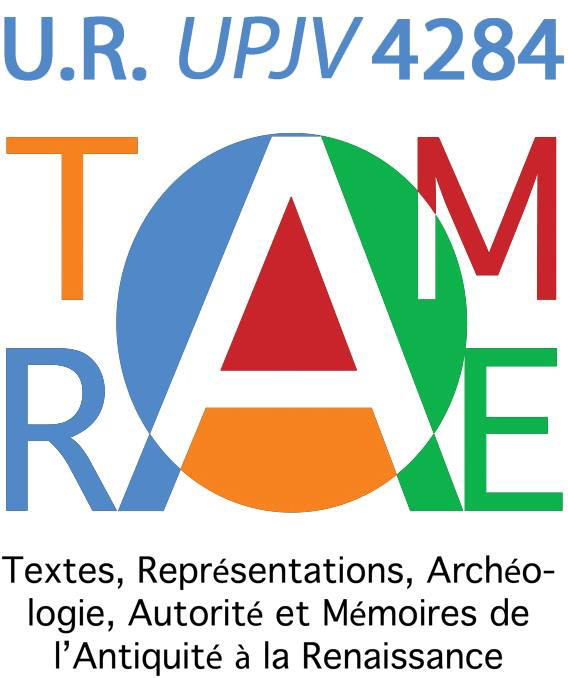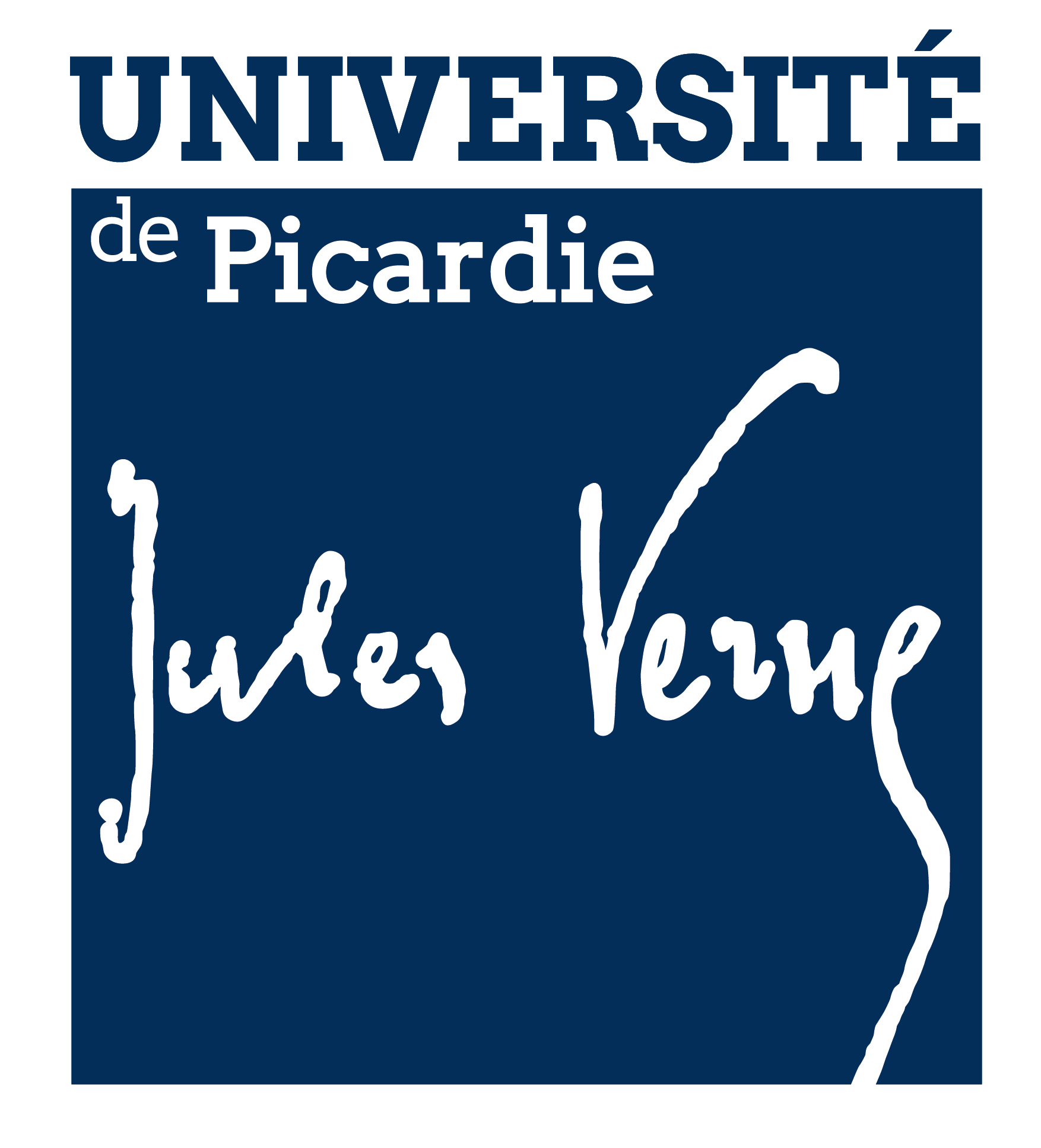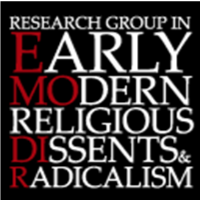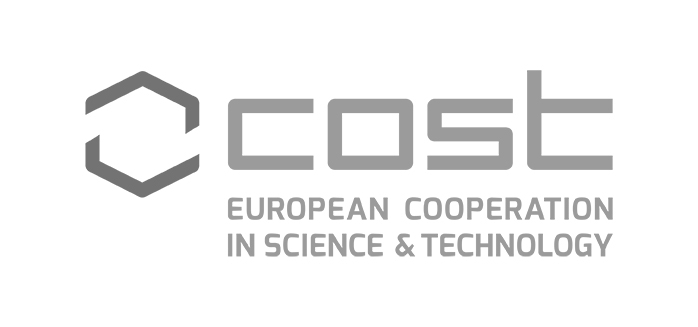-
Cultural and creative industries
-
Societal and economic transition & Risk management
Text, Representation, Archaeology, Authority and Memory, from Antiquity through the Early Modern Period (TrAme)
Research unit - UR 4284
TrAme is a research unit that unites scholars and doctoral students from a variety of disciplines, including philology, literature, history, archaeology and history of art. Their work forms a continuum stretching from classical Antiquity through the Medieval and Early Modern Periods.
Research is structured around three fields:
• ‘Space and Power: Challenges and Dynamics’ – history and archaeology from Antiquity through end of the Middle Ages
• ‘Humanisms, Literary Practice and Religious History’ – philology, literature and history from Antiquity through the period of the
European humanists
• ‘Objects, Materiality and Representations’ – literature, history of art and archaeology in the Medieval and Early Modern Periods
-
Laurence BOULEGUE
Director -
Cyril Caux
Secretary -
Pascal Montaubin
Deputy director
10 rue des Français Libres
Pôle Citadelle - bureau E226
80080 AMIENS
https://www.u-picardie.fr/unites-de-recherche/trame/presentation/

Effectif
Effectif total : 89
Personnel de recherche : 58
Personnel d'appui à la recherche : 1
Skills
This research field brings together the work of historians and archaeologists of TrAme within a multidisciplinary ethos and within a chronological framework that begins
with Classical Antiquity and continues through the Early Modern period.
• Study of several cultural intersections in the European Mediterranean world, including Greek centres – from the Archaic period through the end of the Byzantine Empire – as well as pre-Roman, Roman and medieval western Europe.
• Interaction between spaces and people, communities and networks – social, political, economic and religious – highlighting the forms of dialogue, of contact, of coexistence, of exchange, of domination and of confrontation that create elements of hierarchical and differentiated power, whether political, economic or religious.
• The construction and organisation of space, as well as territorial delimitation by those in varying forms of power, including public vs private, individual vs collective or wild vs human-made.
Research Field 2 : "Humanisms, Literary Practice and Religious History" (dir. L. Boulègue and A. Duru) :
The group ‘Humanisms, Literary Practice and Religious History’ brings together researchers from different disciplines who seek to shed light on work pertaining
to the period stretching from Antiquity through Early Modernity, and relating to different cultural areas : Ancient Greece, the Roman Republic and the Roman Empire, the medieval world and northern and southern Europe.
• Heritage and translation of models as well as examining how literary creation and its practices can be articulated in relation to philosophic thought, religion and politics.
Research Field 3 : "Objects, Materiality and Representations" (dir. V. Dominguez et P. Sénéchal) :
The group ‘Objects, Materiality and Representations’ brings together specialists of French and English literary texts, historians and historians of European art from the Antique period through the seventeenth century. It aims to examine and develop a theoretical framework surrounding the place of objects in natural and human-made spaces both across time and in relation to specific events.
• Objects – from the smallest to the largest, from trinkets to buildings, including texts and images – are studied in relation to their forms and the materials from
which they are made, as well as the mode of their creation and their uses and destinations. This allows for their life stories to emerge, including literary and social
aspects, from micro-readings and micro-histories.
• Theories of classification and of genre and modes of collection are also examined, as is the historiographical dimension of the disciplinary fields encountered – the
history of the history of art and archaeology, the history of representations and literary history.
Example(s) of projects
Project undertaken within the framework of the Scientific Activity Projects of the National Institute for Archaeological Research (INRAP), local collectives, museums and other associations. This project has uncovered a Roman theater which existence was unsuspected. A trench was realised in 2018 which led to the theater 3 to 6 under the remains of a landslide.
2. Provisional archaeological excavations in three sectors of the site of Halaesa in Sicily
The French Archaeological Mission of Halaesa (MAFHA, led by M. Costanzi), plans to excavate the zone of the southern Acropolis, the zone south of the
Agora and the zone of the theatre in order to examine the different stages in the construction of the city and the relations between the different neighbourhoods of the town across time.
3. Seminar: Humanisms: the question of women in the fifteenth and sixteenth centuries. Organised by L. Boulègue.
4. Interdisciplinary Research Programme: ‘The object from every angle’ (Co-organised by V. Dominguez, I. Marchesin, L.Bourgeois and L. Barragué.)
A new approach to emblematic objects in medieval material culture, bringing together the viewpoints of art historians, iconographers, scholars of literature and of
theatre, anthropologists and archaeologists.
In partnership with the National Institute of the History of Art (INHA) and Cluny Museum (Paris), 2015.
5. Conference: ‘Movement in Text and Object’ : (Organised by M. Dickson, V. Dominguez, M.-L. Haack, D. Paris-Poulain and Ph. Sénéchal.)
The study of movement in text and object from Antiquity through the seventeenth century. Eight approaches were presented: gesture and creation; movement in
stone; movement in images; circulating objects; objects and devices; processions; gender, movement and objects; dance.
University of Picardy Jules Verne, 7-8 June 2018.
Example(s) of publications
2. C. Sarrazanas, La cité des spectacles permanents. Organisation et organisateurs des concours civiques dans l’Athènes hellénistique et impériale, Bordeaux, Ausonius, 2020.
3. L. Boulègue, C. Veyrard-Cosme, M. Perrin (dir.), Ascèse et ascétisme de l’Antiquité tardive à la Renaissance, Paris, Classiques Garnier, 2021.
4. A. Timbert, Louis Grodecki, correspondance choisie (1933-1982), avec des entretiens de Roland Recht et de Xavier Barral i Altet, Paris, INHA, coll. « Inédits – Correspondances », 2020.
5. Mario Equicola, De mulieribus/ Des femmes, intr. L. Boulègue, trad. L. Boulègue et L. Claire, annotation L. Boulègue, M. Brouillet, N. Catellani, L. Claire, A. Duru, A. Lamy, Paris, Les Belles Lettres (« Les Classiques de l’humanisme »), à paraître (2023).
You can find all publications here : https://www.u-picardie.fr/medias/fichier/publications-axe-1-net_1623684554682-pdf /
https://www.u-picardie.fr/medias/fichier/publications-2016-2020-a2_1623869861048-pdf and
https://www.u-picardie.fr/medias/fichier/publications-2016-2020-a3_1623870182727-pdf
Collaborations/Partners/Scientific clients
Groupement d’intérêt scientifique (GIS) sur le fait religieux / Unité « Rome et ses Renaissance » U. Paris-Sorbonne ; AOROC ENS-Ulm (archéo) : UMR HALMA Lille ; UMR LAMOP Panthéon Sorbonne ; LEM (EHESS) ; CRH et ANHIMA ; PLH-Erasme (U. de Toulouse) / Musée national du Moyen Âge - Cluny / INHA, INRAP, CIV (Centre international du vitrail)
International : - Action de recherche concertée ARC SCHOL’ART (Université de Louvain, Belgique) The early modern theories of letters and arts in the light of scholasticism (1500-1700), dir. A. Guiderdoni, R. Dekoninck, A. Smeesters (2017-2022)./ Membres L. Boulègue (comité de suivi scientifique) et A. Duru.
- European Network EMoDiR (Early Modern religious Dissents and Radicalism), dir. F. Barbierato, Vérone (Italie). Members A. Duru. // Universities of Messina, Palermo, Oxford (excavations Halaesa, dir. M. Costanzi) / U. of Rome 3 La Sapienza and University de Bologna Alma Mater Studiorum (mission of Leopoli-Cencelle in Civitavecchia, dir. S. Combescure) / Trent University (Dip. di Lettere e Filosofia) / University of Florence ( Resp. L. Boulègue-I.G. Mastrorosa) / German Center for Art History (DFK Paris) (P. Sénéchal) / Polytechnic University of Turin (A. Timbert) / European Program COST, AELAW (Ancient European Languages And Writings)
Services provided
Training offers
Consulting services
Affiliated institutions / organisations
Groups/Networks/Federations
Equipex/EquipEx+/ESR
Doctoral schools
Regional strategic areas of activity
- Cultural and creative industries
- Applications, outreach and cognitive sciences
- New ways of learning
- Virtual Reality, Augmented Reality, 3D and 360° Interaction
- Societal and economic transition & Risk management
- Public and European policies
- Territories, heritage and culture


